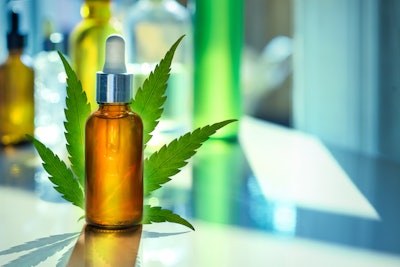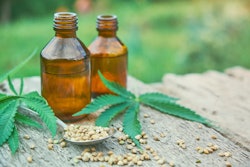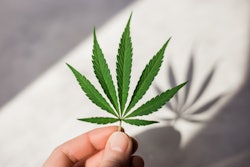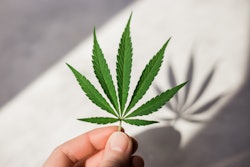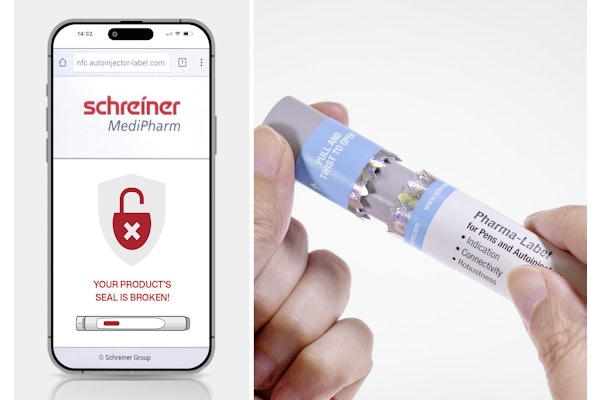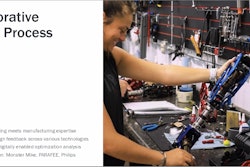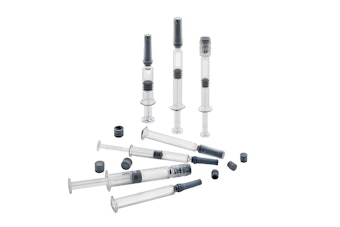Key Takeaways:
- In 2020, the National Cannabis Industry Association estimated marijuana byproducts in landfills were increasing carbon dioxide emissions at 27,876 metric tons per year.
- One segment in particular is contributing to the uptick in waste: All-in-ones, or disposable vape products that typically end up in a landfill.
- Several cannabis businesses are introducing solutions such as reclaimed, recyclable, and compostable packaging.
In a recent article, MJBiz Daily sheds light on the amount of waste produced by the regulated marijuana industry. According to the publication, “In 2020, the National Cannabis Industry Association estimated marijuana byproducts in landfills were increasing carbon dioxide emissions at a staggering 27,876 metric tons per year.”
A study released that same year in the science journal Industrial Crops and Products, researchers concluded waste biomass produced by the U.S. cannabis sector in 2020 would have been roughly 1,754 tons of fresh waste, or 520 tons of dry weight waste.
MJBiz expanded that the outdated figure didn’t account for packaging waste, which potentially could exceed the estimate for waste biomass.
One segment in particular is contributing to the uptick in waste: All-in-ones, or disposable vape products. These products have surged in popularity the past few years, driven by cost, convenience, and mobility. "According to Seattle-based cannabis analytics provider Headset, the disposable vapes category in the first quarter of 2024 accounted for 29% of all vape pen sales across the U.S. markets it tracks and nearly 15% in Canada.The problem with these disposables is that they often end up in landfills. Their plastics are frequently non-biodegradable, and their batteries are flammable."
Luckily, some cannabis businesses are seeking better solutions. MJBiz reports a whole slew of cannabis leaders paving the way for better sustainable packaging in the segment including:
- In April, PAX Labs released the PAX Trip, its first product made with reclaimed and recycled ocean-bound plastic.
- Canadian cannabis producer Tilray Brands started converting some of its packaging and product components to hemp to minimize the employment of single-use plastics that end up in landfills. “Tilray, which launched efforts last summer, has diverted approximately 131,000 kilograms of plastic waste from landfills, while its Good Supply brand has prevented more than 925,000 kilograms of plastic from reaching landfills – a sevenfold increase in the past year or so.”
- Oregon-based Wyld introduced a fully compostable pouch for its gummies in 2021 to meet regulatory requirements entering the Canadian market. In 2022, Wyld launched its Good Tide brand packaged in a fully recyclable and compostable paper tube.
- Startup Ecoshell, formerly Spark Sourcing, introduced the eco-shell, a patented material comprised primarily of eggshells and converted to pellets through a seven-step process. The resulting material, according to the company, can replace up to half of plastic content in a variety of products.
- Massachusetts-based edibles maker Coast Cannabis Co. recently partnered with AE Global on the packaging company’s efforts to recover plastic from the ocean and convert them to sustainable packaging. In June, the company launched a cannabis-infused chocolate bar with packaging made from recycled ocean plastics.
